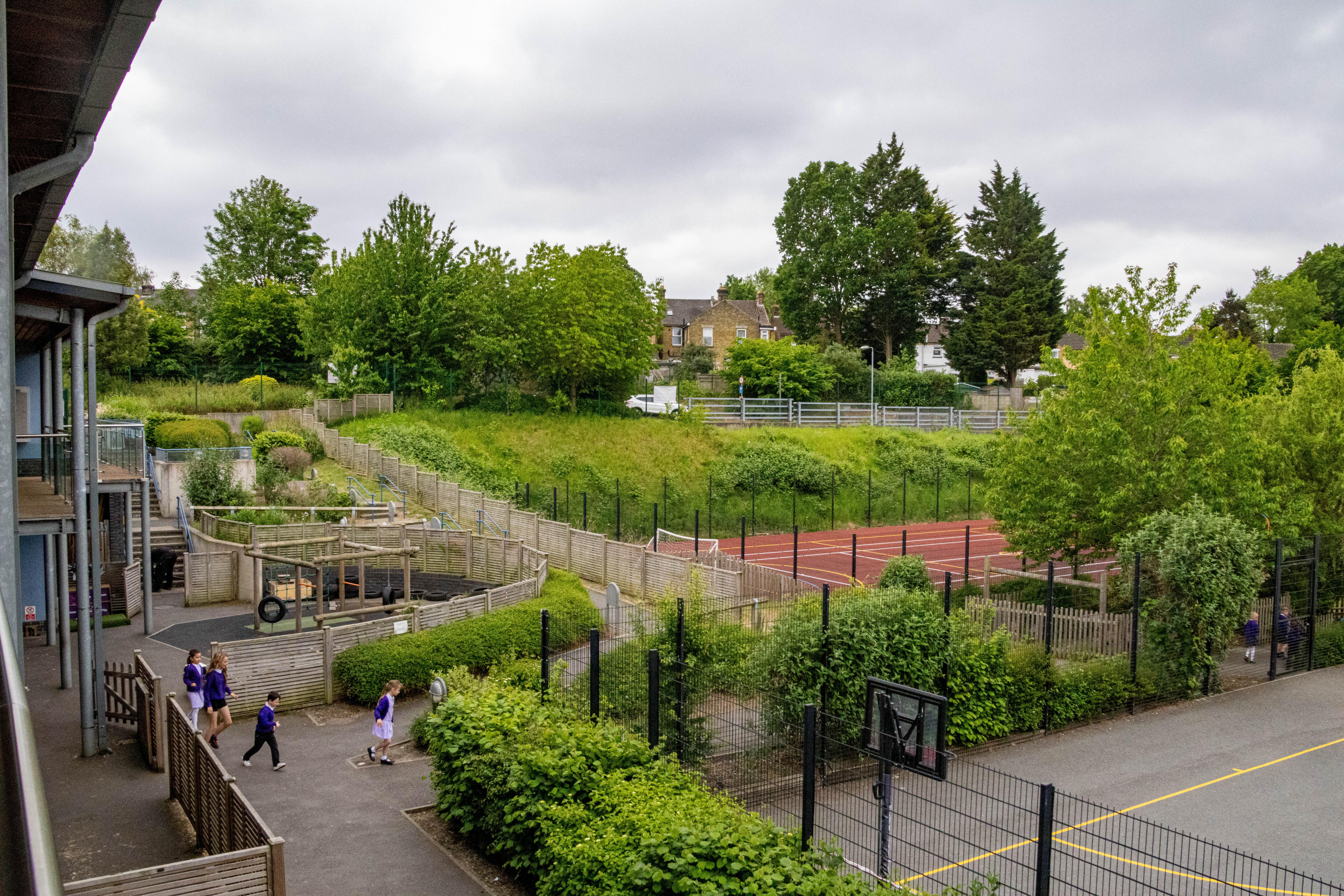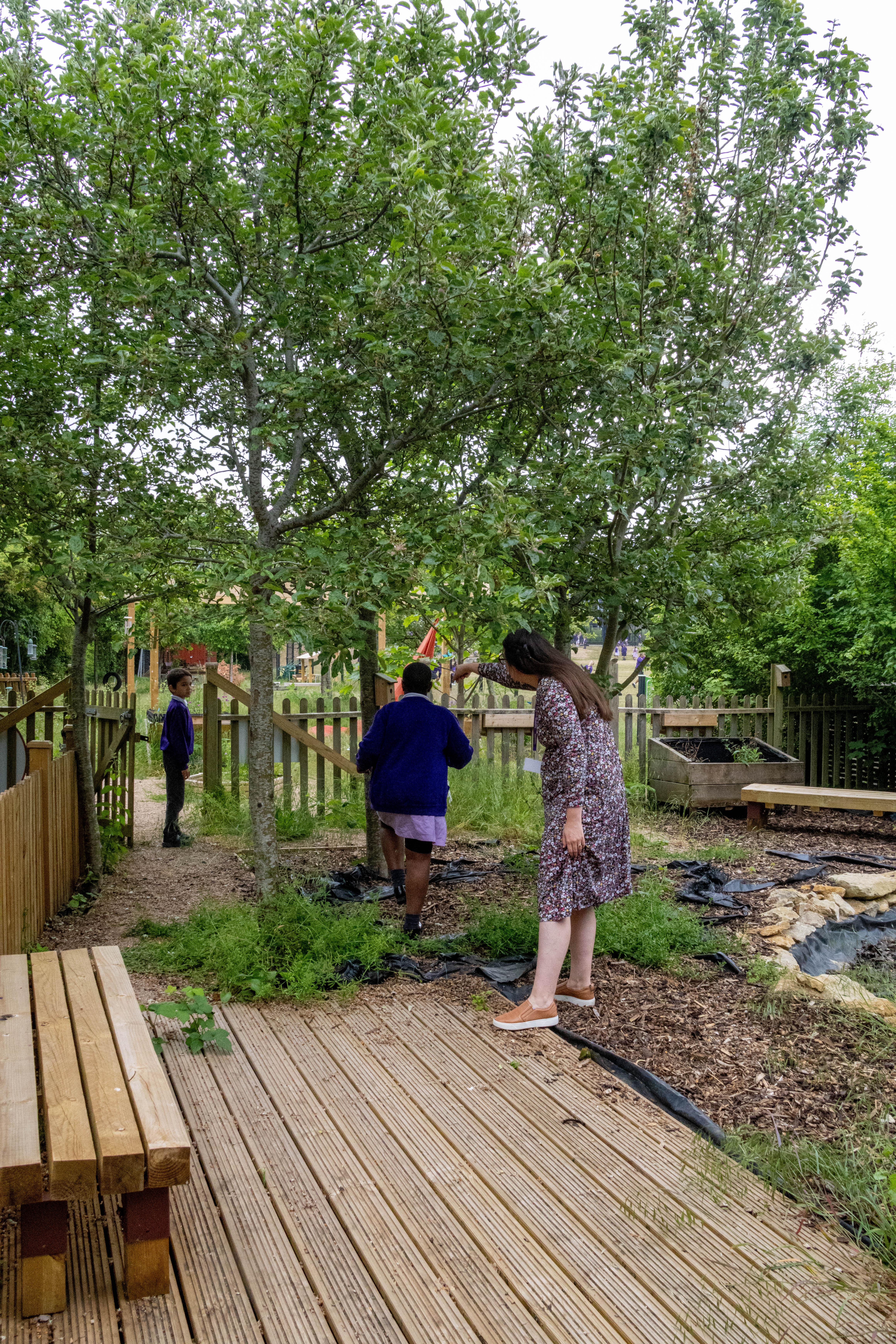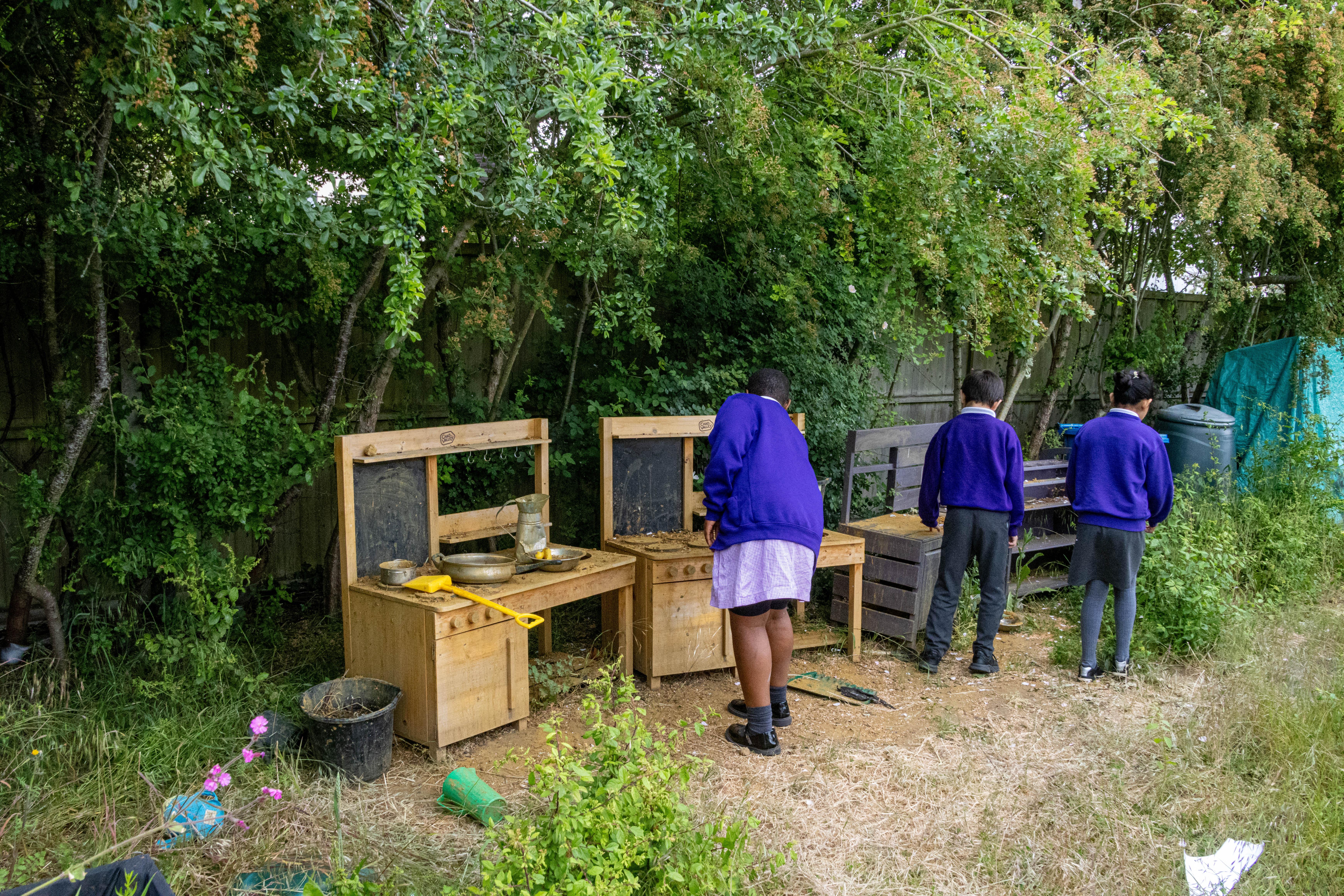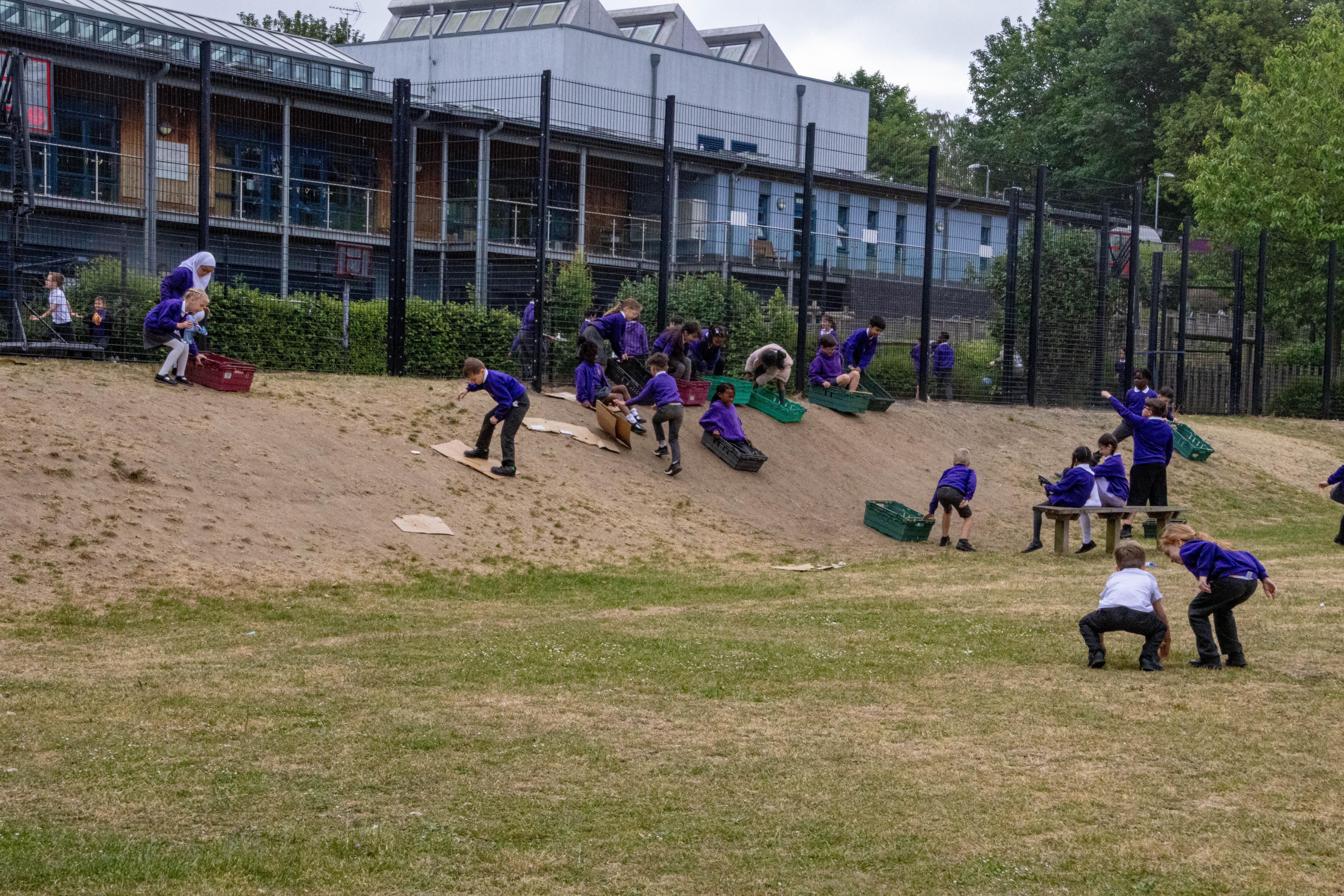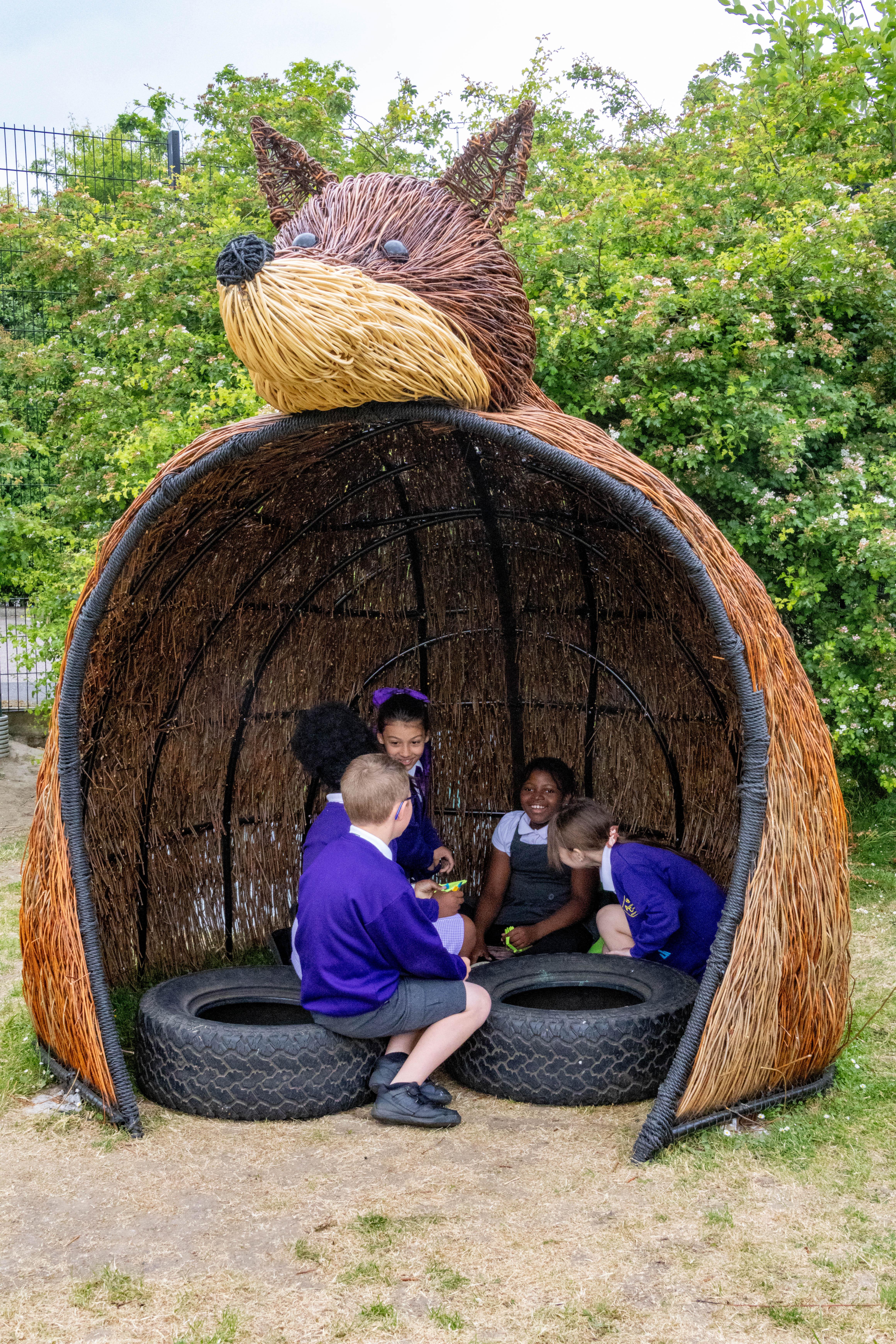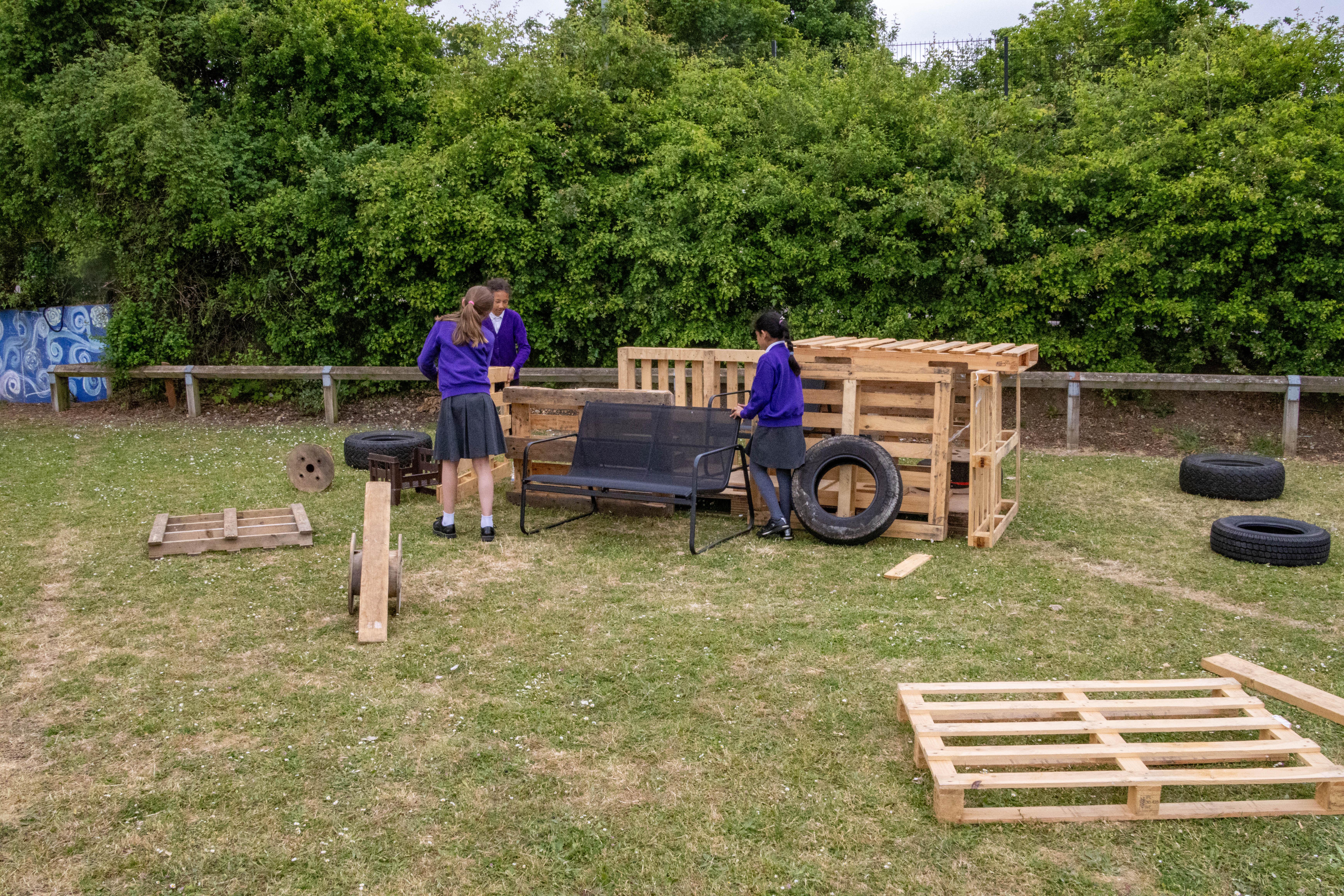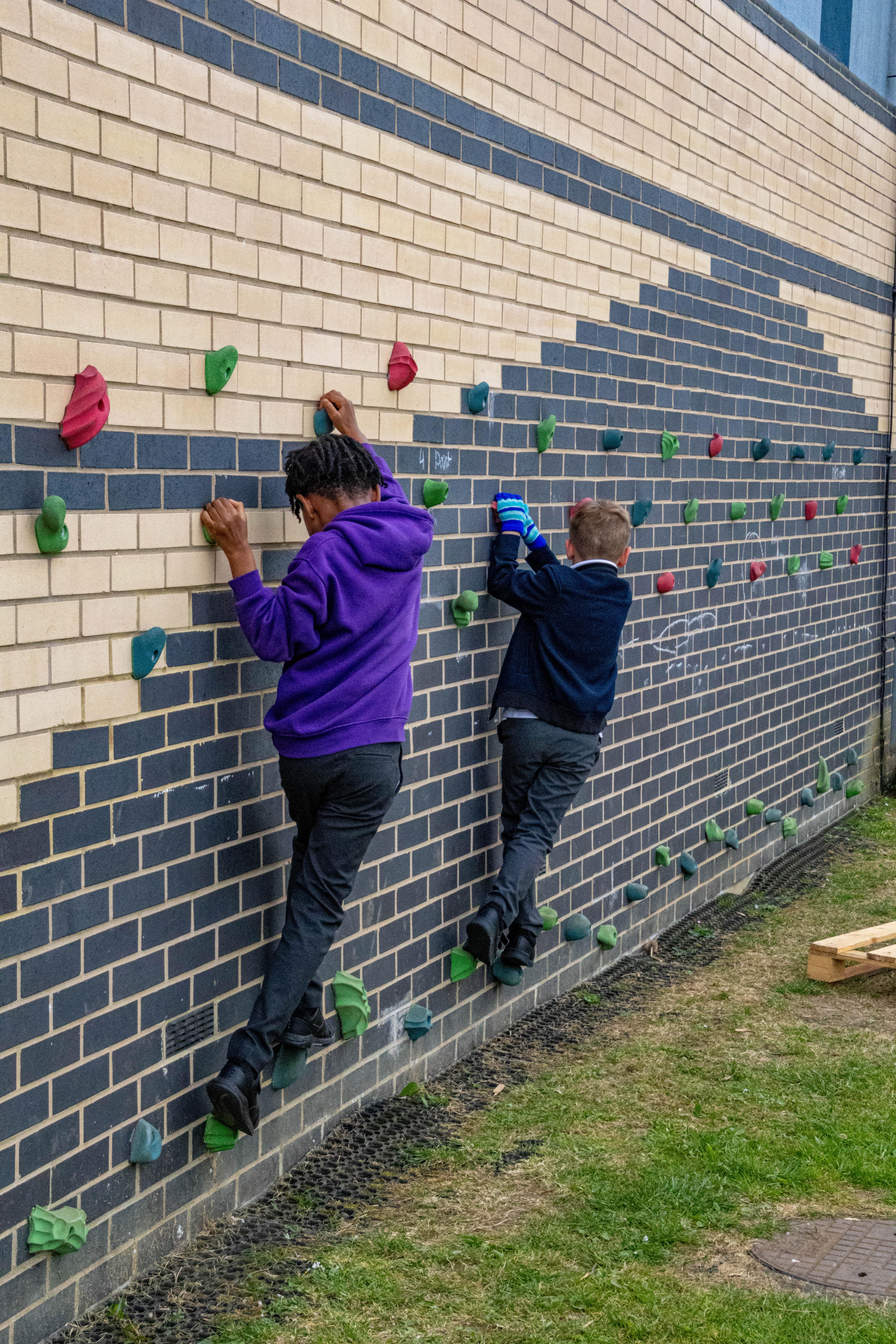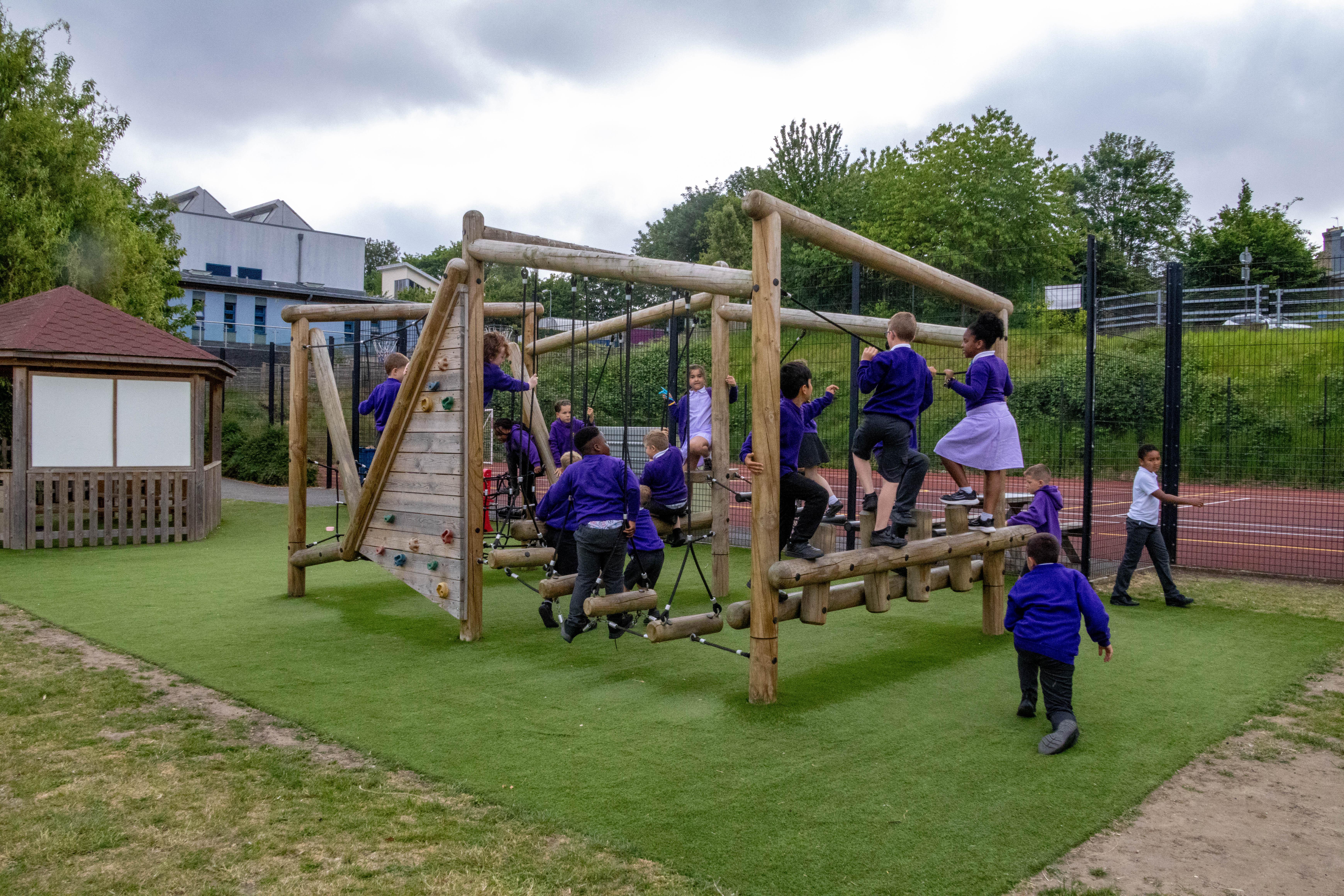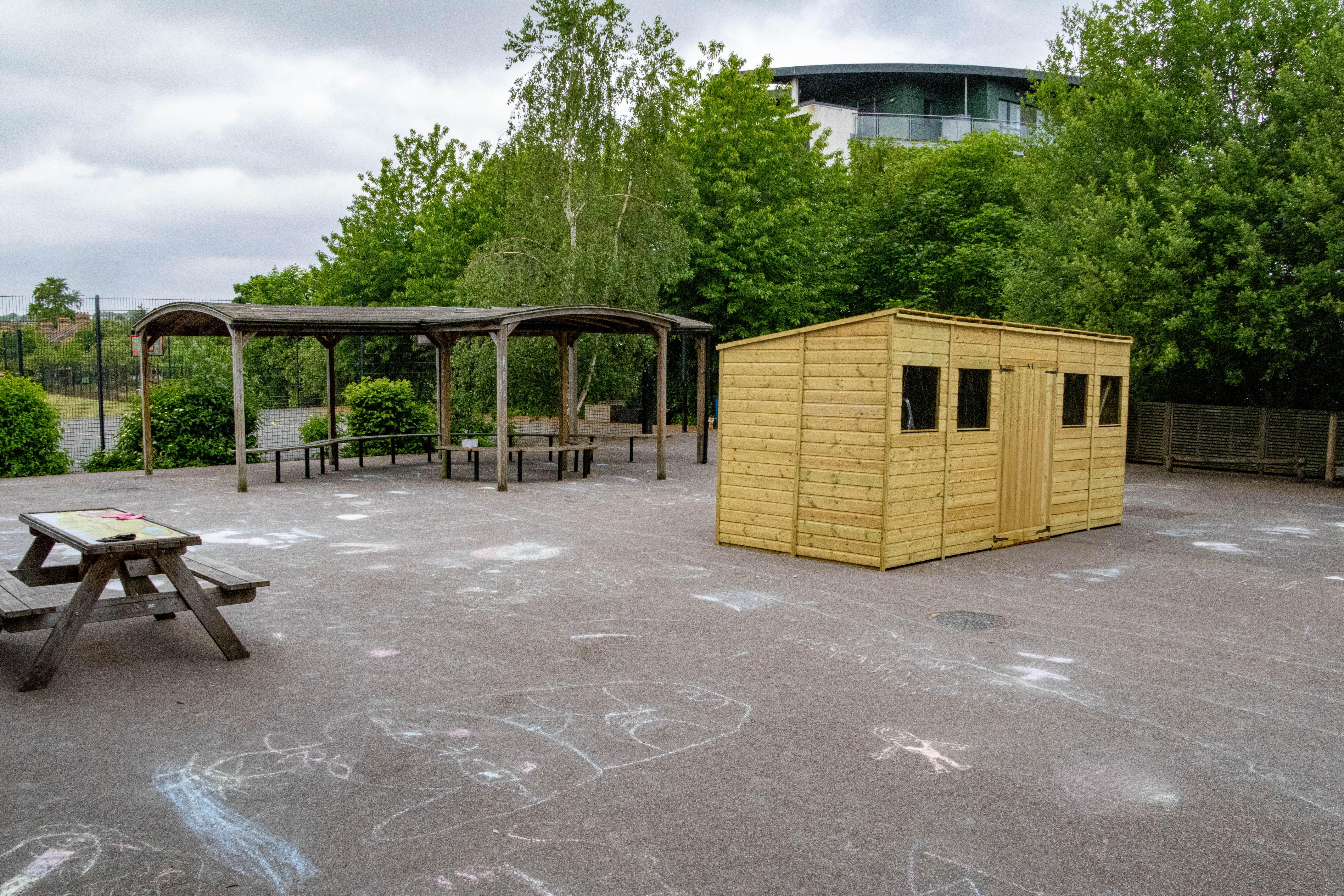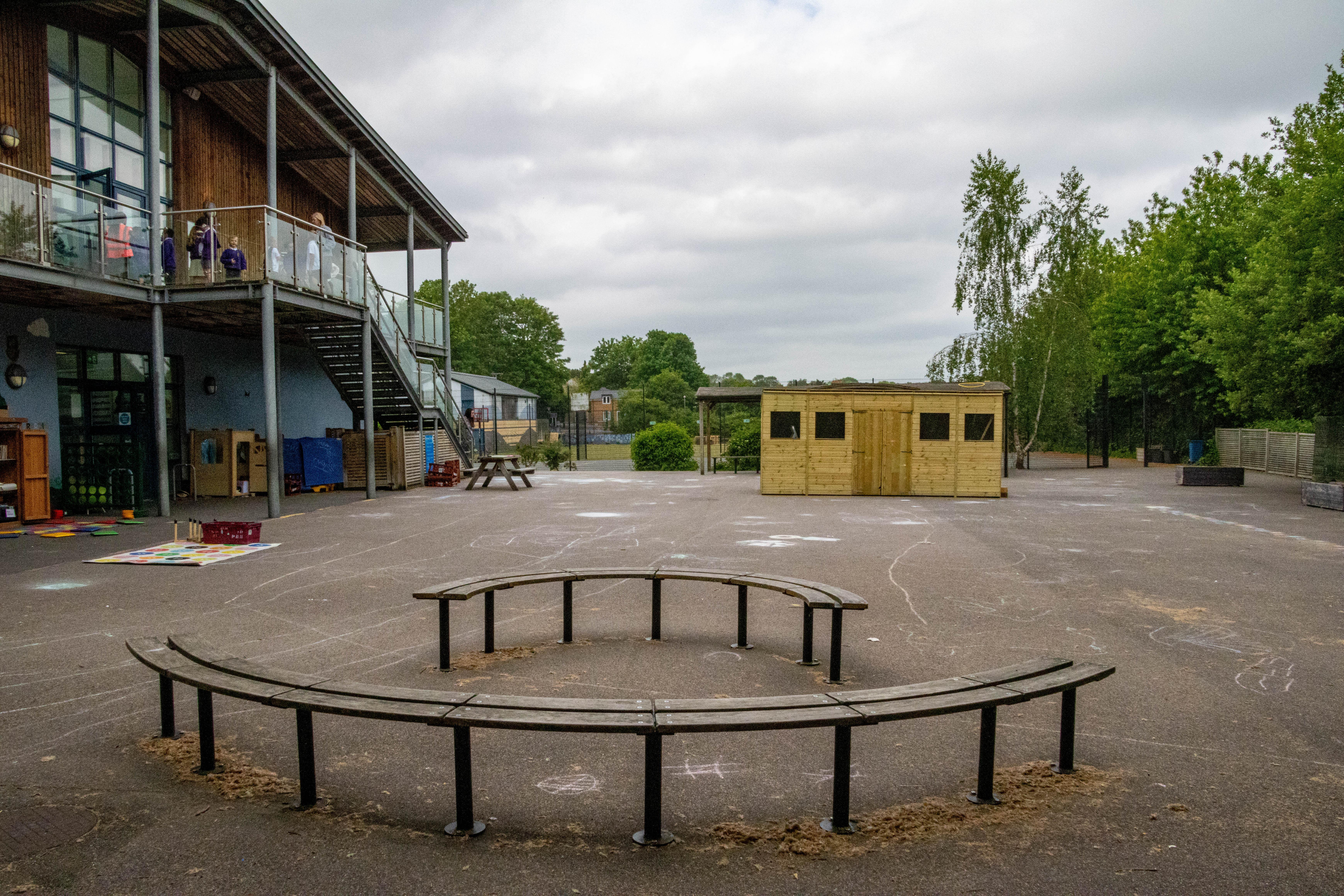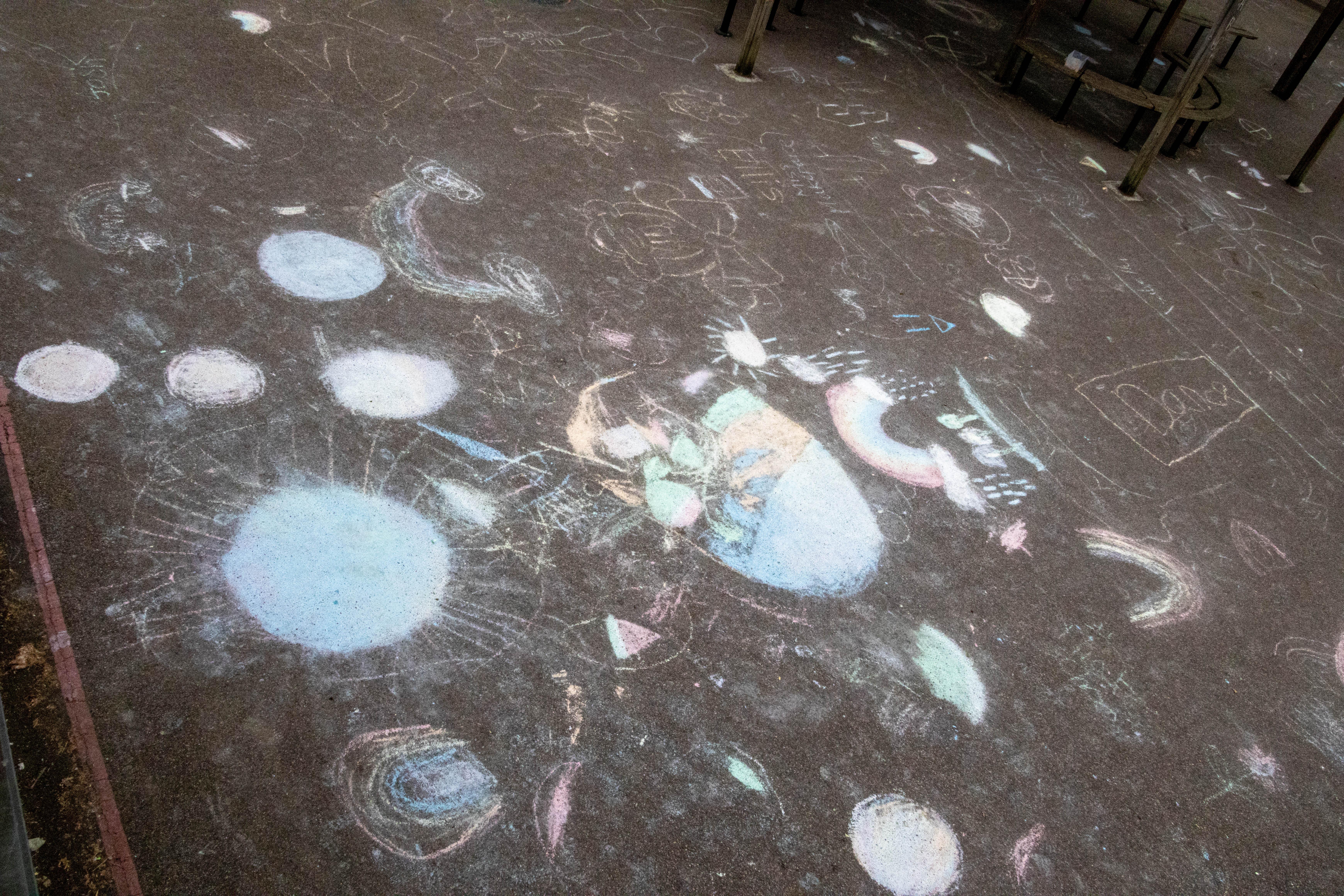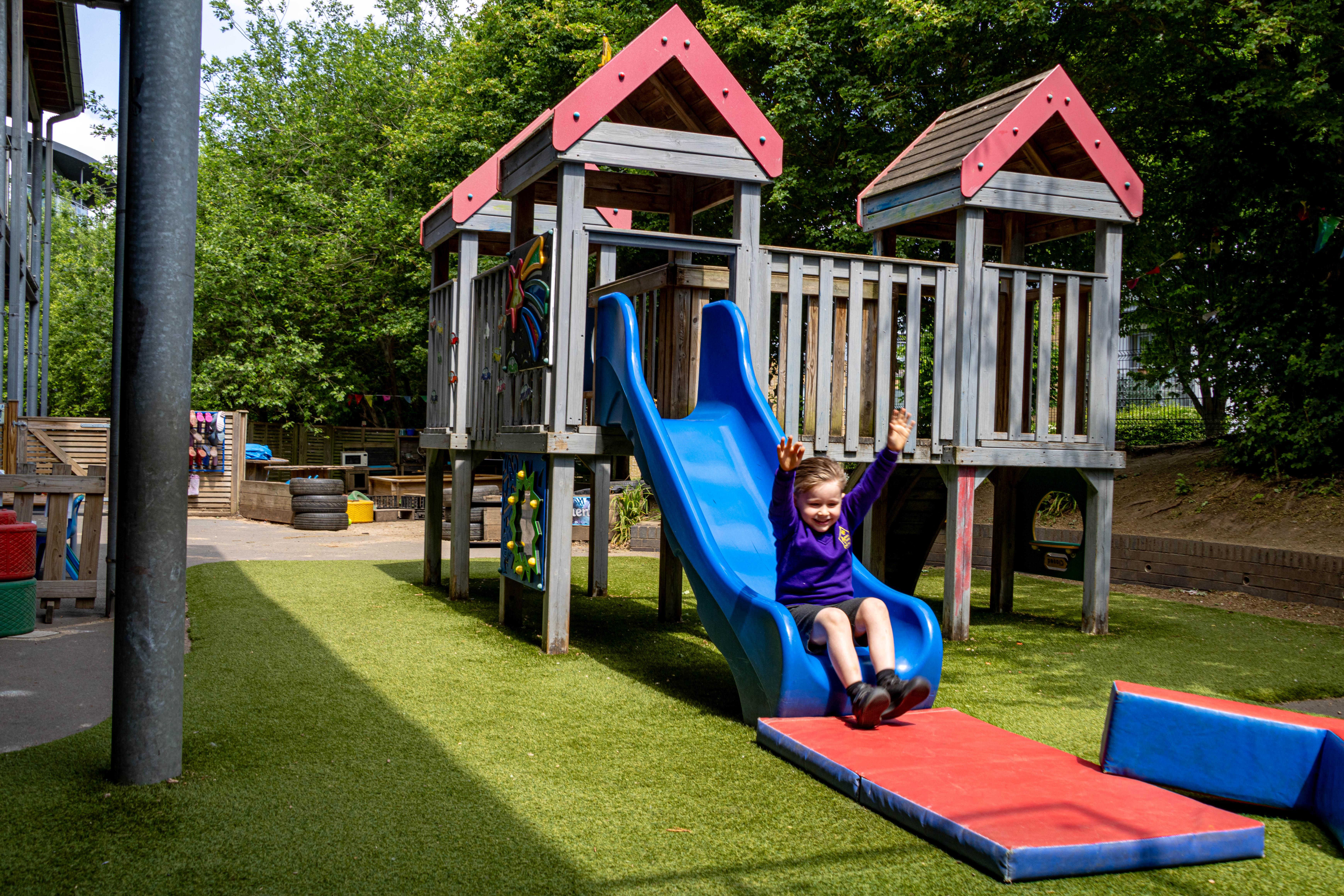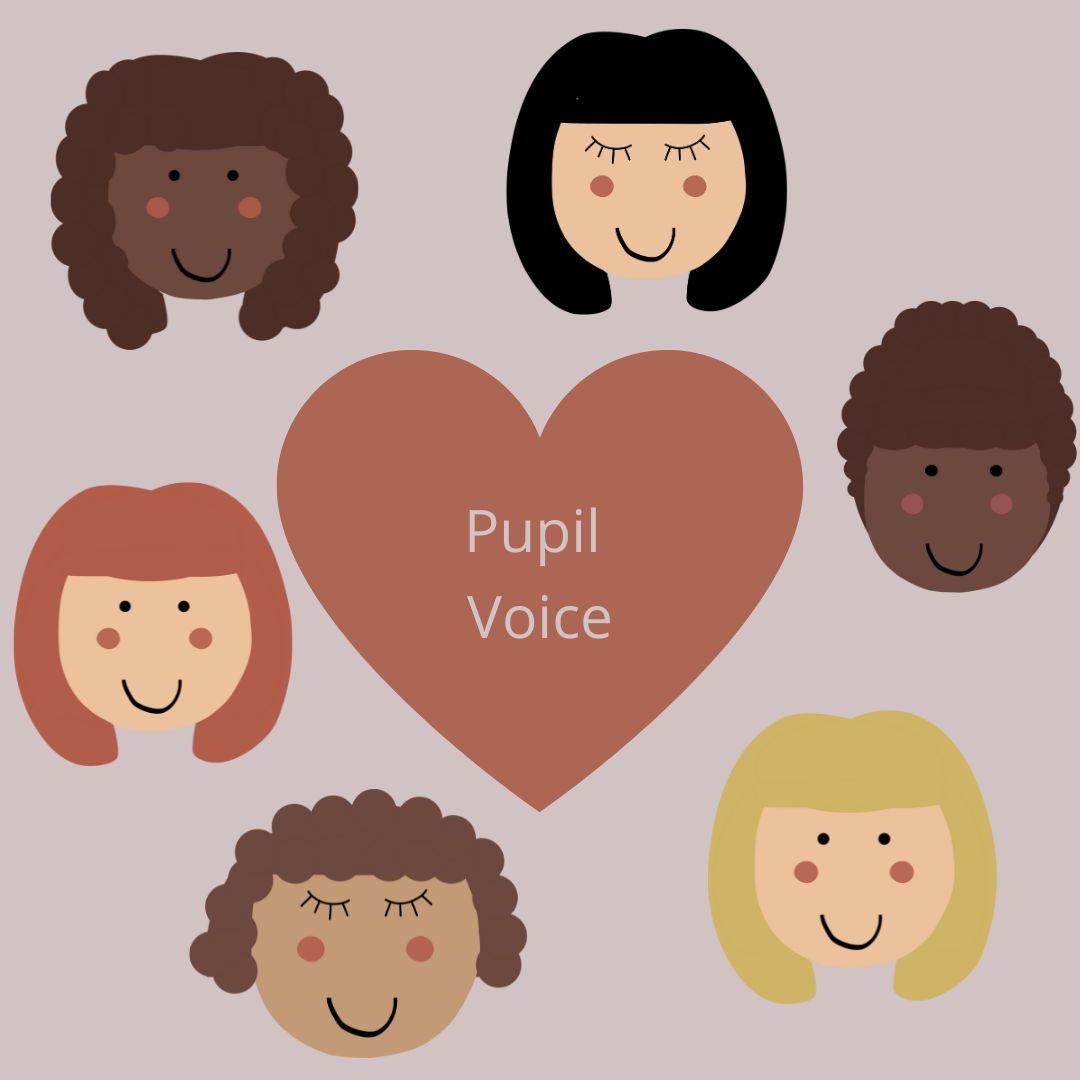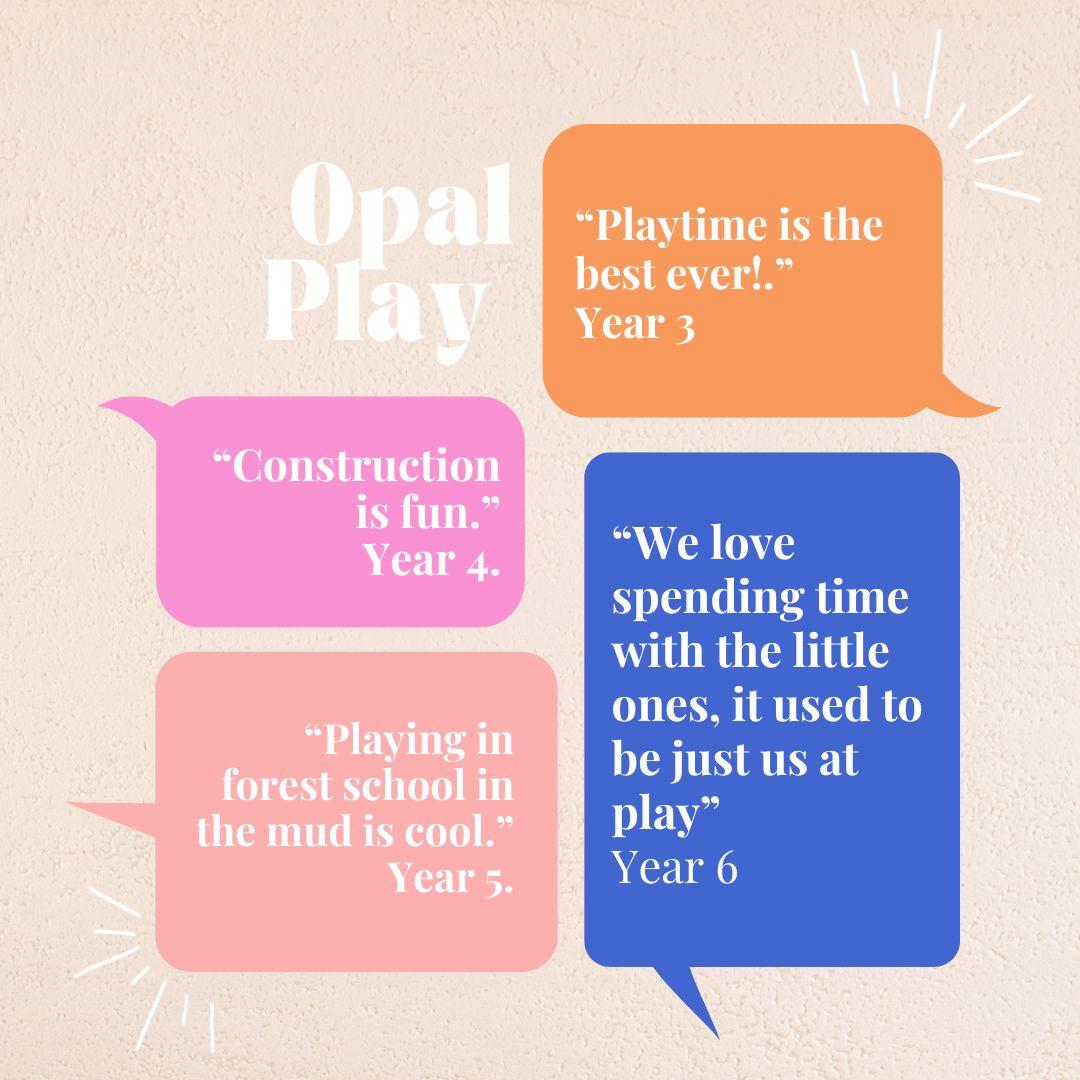Opal Play

In Spring 2025 we started a new and exciting play project - OPAL Play. OPAL play is an exciting programme – OPAL works with schools to improve playtimes for all children.
Opal Play has arrived at ABC!
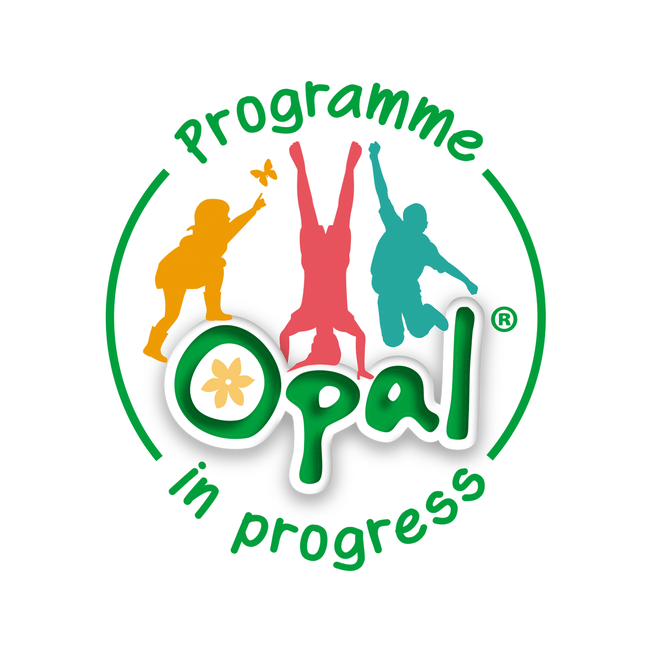
What is OPAL?
Outdoor Play and Learning (OPAL) is a community interest company (CIC) dedicated to providing services to schools and organisations in England and Wales to improve the quality of play opportunities for all children. OPAL staff have expertise in teaching, school improvement, landscape design, project management, play and strategic planning.
The OPAL Primary Programme offers schools a structured process, with mentored support provided for up to two years and many resources, to enable schools to permanently change both their environment and their culture to enable provision of amazing playtimes every day.
To date, OPAL has run programmes in over 1000 schools throughout the whole UK and has recently expanded to Spain, France, Poland, Canada, Malaysia, New Zealand and Australia.
The OPAL Vision
At OPAL we have seen just how much of an impact improving play can make to a school. We are not just talking about playtimes being a bit less bother or about children being a bit happier. We are talking about cultural transformation.
When you address a need that is so fundamental to children's physical and mental well-being as play, and you do it well, it is impossible to think of how you ran a school and didn’t do this.
Our vision is that every child in every school has an amazing hour of high-quality play every day – with no exceptions. If one child is not enjoying playtimes, then things still need improving.
We want every school to plan for, resource and evaluate the quality of their play provision as if it were an important human right, essential to all aspects of children’s development and a source of joy and happiness that every child can access because it is all of these things.
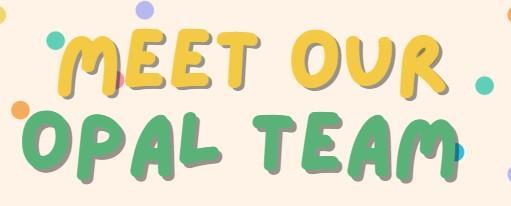
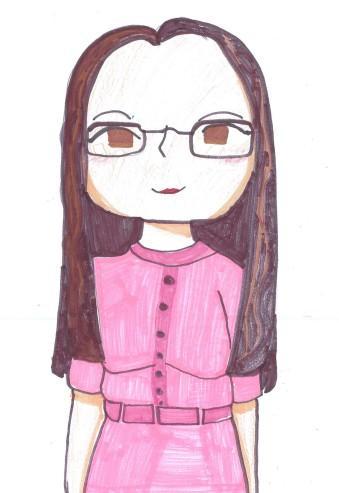 |
 |
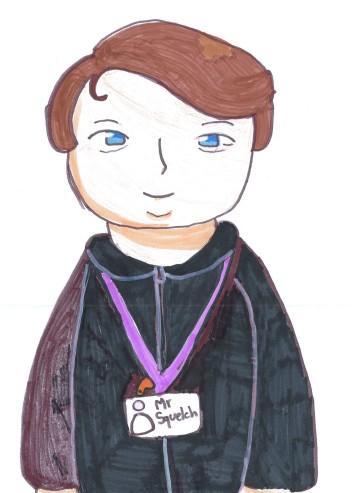 |
| Mrs Bond | Miss Taylor | Mr Squelch |
 |
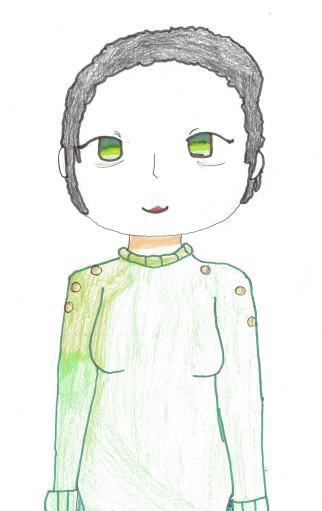 |
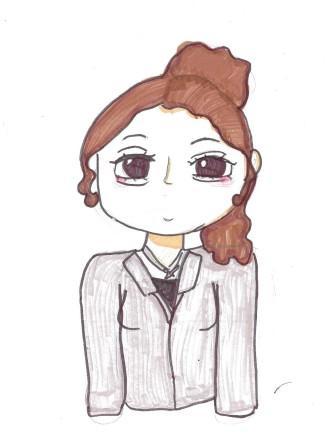 |
| Mrs Barnes | Mrs Finn | Mrs Makepeace |
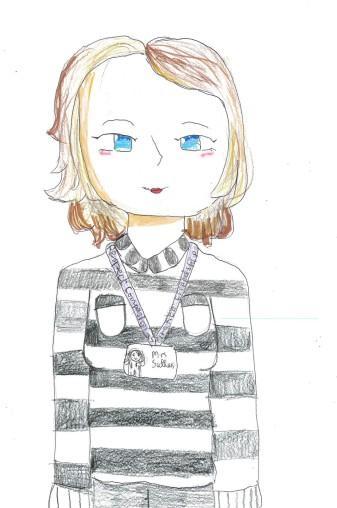 |
| Mrs Suddes |
Our Opal Policy and Information for Families
Our children need to access to different play types...
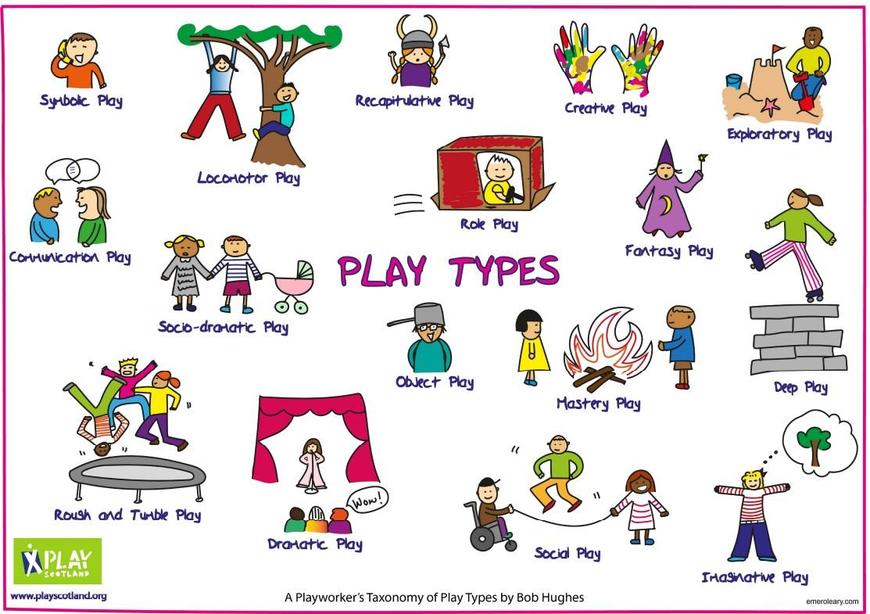
Creative Play – play which allows a new response, the transformation of information, awareness of new connections, with an element of surprise.
This play type is one of the most visual by allowing a child to access loose parts, arts and craft materials.
Deep Play – play which allows the child to encounter risky or even potentially life-threatening experiences, to develop survival skills and conquer fear.
This type of play is defined by play behaviour that can also be classed as risky or adventurous. This has important benefits to a child’s development.
Dramatic Play – play which dramatises events in which the child is not a direct participator.
Children may also wish to use make-up and costumes in this type of play.
Exploratory Play – play to access factual information consisting of manipulative behaviours such as handling, throwing, banging or mouthing objects.
Fantasy Play – play which rearranges the world in the child’s way, a way which is unlikely to occur, for example, being a superhero or sitting on a cloud.
Imaginative Play – play where the conventional rules which govern the physical world do not apply. For example, pretending to be an animal, or having a make-believe friend to being an object i.e. a tree.
Locomotor Play – movement in any or every direction for its own sake, for example playing chase, jumping, skipping and climbing trees.
Mastery Play – control of the physical and affective ingredients of the environment, for example making a dam in a stream, building a bonfire and digging holes in the earth or sand.
Object Play – play which uses infinite and interesting sequences of hand-eye manipulations and movements, i.e. examining an item and looking into how and why something works.
Recapitulative Play – play that allows the child to explore ancestry, history, rituals, stories, rhymes, fire and darkness. Enables children to access play of earlier human evolutionary stages.
Role Play – play exploring ways of being, although not normally of an intense personal, social, domestic or interpersonal nature. This could be a child pretending to be driving a car, ironing, piloting a plane.
Rough and Tumble Play – close encounter play which is less to do with fighting and more to do with touching, tickling, gauging relative strength. Discovering physical flexibility and the exhilaration of display. This will not involve any deliberate hurting but children should be laughing and having fun.
Social Play – play during which the rules and criteria for social engagement and interaction can be revealed, explored and amended. This could be playing a game together, building an item together or creating something together.
Socio-dramatic Play – the enactment of real and potential experiences of an intense personal, social, domestic or interpersonal nature. This could be playing at mums and dads, or playing house.
Symbolic Play – play which allows control, gradual exploration and increased understanding without the risk of being out of one’s depth. For example, a stick becomes a sword or a light saber; a flower becomes a wand.
Statement on the Implementation of Opal Play
At ABC, we are thrilled to share the successful implementation of Opal Play, which has significantly enriched our pupils' play experiences.
We have meticulously gathered a variety of resources to support diverse play opportunities, ensuring that every child can engage meaningfully. Our playground areas have been zoned to create distinct spaces that cater to different interests and activities.
Key Highlights:
-
Construction Zone: This area has become a favourite amongst our pupils, who love to build and create, fostering their imagination and teamwork skills.
-
Fox Hut Villages: Our wonderful new fox hut villages are utilised daily, providing tranquil spaces for quiet reflection, imaginative play, and games, enhancing the social and emotional well-being of our pupils.
-
Forest School and Sensory Area: These spaces are now accessible every day, allowing pupils to explore nature and engage their senses, which is vital for holistic development.
-
Role Play and Garden Games: Opportunities for role play and garden games in the main playground encourage creativity and physical activity, allowing pupils to develop social skills and resilience.
Through these initiatives, we are not only promoting play but also nurturing a strong, resilient, and proud community, in alignment with our school’s vision and values. We are committed to ensuring that every pupil has the opportunity to thrive and flourish in a supportive environment.
Next Steps
New shed to be painted - completed in summer 2025 by a parent with much thanks and gratitude
Seating to be painted to create roads for small play zones - completed in summer 2025 too!
Stage to be constructed behind the new shed
large Sandpit
Gravel pit for construction play

